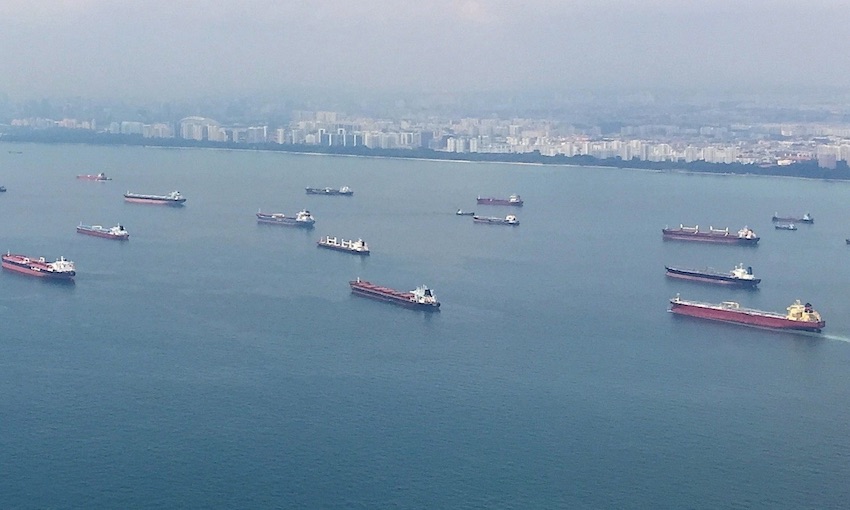THE INTERNATIONAL Maritime Organization has issued a call for expressions of interest from countries with a medium-sized port to take part in a pilot project to establish an efficient digitalised system for electronic exchange of information in ports for ship clearance.
The “Single Window for Facilitation of Trade (SWiFT) Project” will develop a system in a pilot port to allow electronic submission, through one single portal, of all information required by various government agencies when a ship calls at a port. The SWiFT project will be implemented by IMO in partnership with Singapore.
Regulations in IMO’s Facilitation Convention require electronic exchange of data to ensure the efficient clearance of ships. The single window concept is recommended to avoid duplication of effort. Individual data elements should only be submitted once, electronically through a single point of entry, to the relevant regulatory agencies and other parties.
The COVID-19 pandemic has emphasised the value of digitalisation. Electronic exchange of required data is speedier, more reliable, efficient and COVID-secure, since face-to-face contact is minimised.
Under the pilot project, the selected country will be advised on the necessary legal, policy and institutional requirements for the MSW system. The port will then be provided with functional MSW software, hardware and/or IT services, configured to the country’s needs. Training will also be provided.
The pilot will be supported by Singapore via in-kind contributions and by IMO via the Integrated Technical Co-operation Programme (ITCP).
IMO Secretary-General Kitack Lim said increased digitalisation supports greater efficiency which benefits the ship, the port and wider supply chain.
“We want to support countries in implementing the FAL Convention requirements for electronic data exchange, by supporting a pilot project which will show the way and result in know-how which can then be shared with others.”
Following the initial pilot and subject to funding availability, the aim is to replicate the pilot project in other IMO member states in need of similar technical assistance.
IMO facilitation section head Julian Abril said following implementation in the pilot port, the IMO-Singapore project endeavours to springboard countries in their digitalisation journey and unlock the full potential of their maritime sectors.
“It is only when most, if not all, ports undergo digital transformation, that the full benefits of digitalisation can be realised by the maritime community,” Mr Abril said.
“With support from IMO’s Department of Partnership and Projects, we envisage an increasing number of discussions with external partners and resource mobilisation efforts to support an ambitious scaling-up plan for this pilot initiative.”
The IMO-Singapore SWiFT Project builds upon an earlier successful project that delivered a maritime single window system in Antigua and Barbuda.
That project, with in-kind and financial support provided by Norway, based on their experience in electronic facilitation of maritime trade, was implemented in 2018-2019. Singapore will bring in its experience to cater to the technical requirements for medium-size ports and for ports that would like to incorporate port to port communication protocols in such a system.
Maritime and Port Authority of Singapore Academy dean Tan Suan Jow said close collaboration between maritime stakeholders is fundamental in ensuring an inclusive transitioning of the global maritime industry into a more efficient digital future.
“Having successfully implemented digitalPORT@SG – our national MSW – Singapore stands ready to do our part, and we look forward to partnering an IMO member state on this meaningful journey.”
IMO has invited member states with an identified medium-sized port to submit their expressions of interest by 30 April 2021, in order to participate in the SWiFT Project.
The implementation of specific activities of the pilot project is expected to commence by 15 June 2021.
The work on maritime single window implementation will support achieving the United Nations Sustainable Development Goal 9, which seeks to build resilient infrastructure, promote inclusive and sustainable industrialisation and foster innovation.
More efficient shipping, working in partnership with the port sector, will be a major driver towards global resilience and sustainable development for the good of all people.

